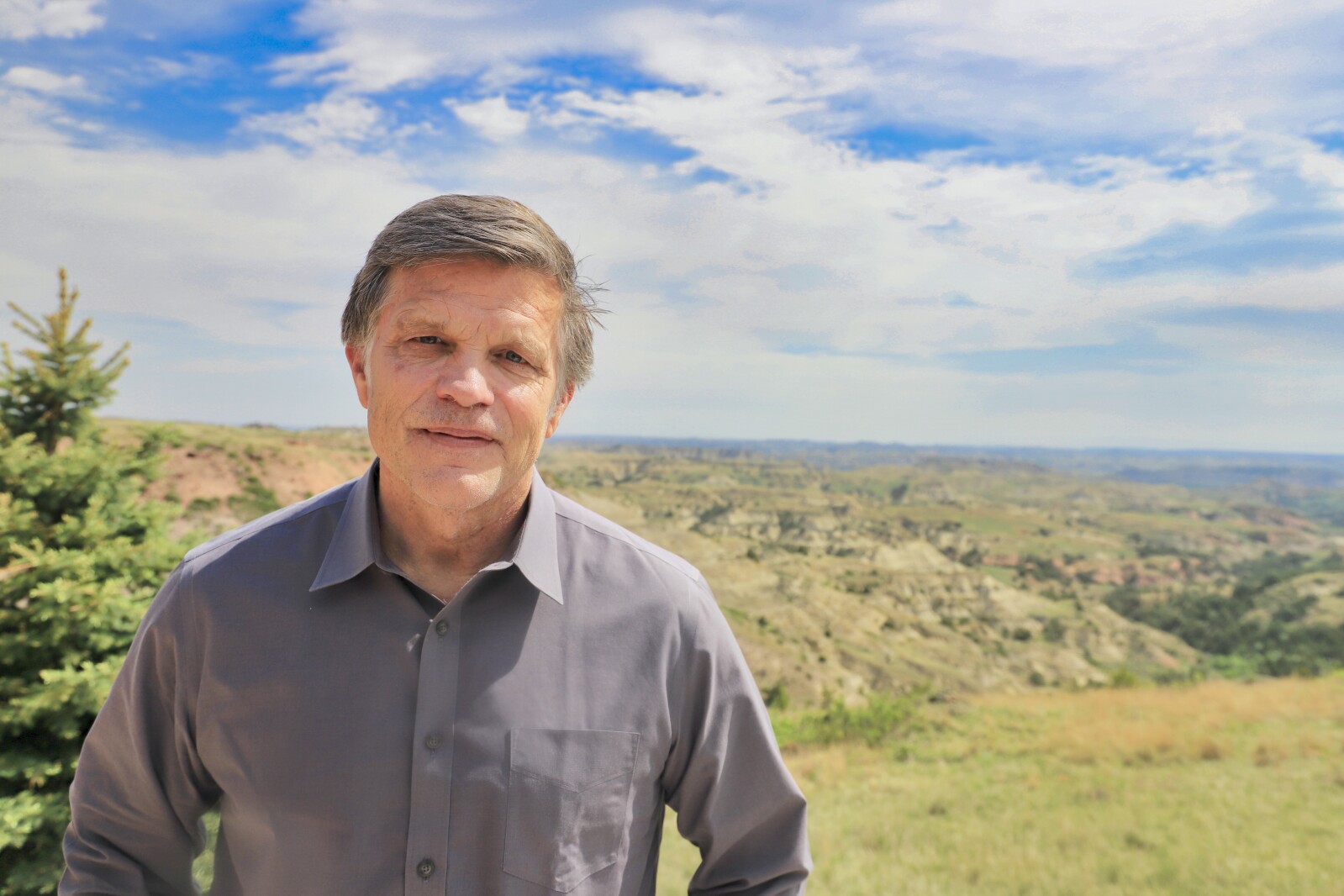Interesting read for those who hold an interest in Theodore Roosevelt - the conservationist.

 www.inforum.com
www.inforum.com
"Collecting specimens, in fact, was central to a naturalist’s success in Roosevelt’s day, Brinkley said. And that meant shooting birds and other animals — lots of them — to collect variations in beaks and other distinguishing characteristics.
“That’s how you made your notoriety in the science museums of the day,” he said. “Today that’s very gauche. It’s ghoulish.”
Never really thought of this as it's not the method of modern times though it certainly squashes the anti hunting, eco extremisists frequent bash of TR for his thirst for the hunt.
Had it not been for the likes of these leaders of past conservation times, our conservation efforts would be the last off the running blocks.
His ethic minded selection of the aged Bison, the condemnation for a rigged bear hunt, etc.
Anyhow, for those interested.

Theodore Roosevelt and the riddle of the 'trigger-happy' conservationist
Douglas Brinkley, author of "The Wilderness Warrior: Theodore Roosevelt and the Crusade for America," is the inaugural historian in residence for the Theodore Roosevelt Presidential Library in Medora, N.D. He is making public appearances this summer in Medora.
"Collecting specimens, in fact, was central to a naturalist’s success in Roosevelt’s day, Brinkley said. And that meant shooting birds and other animals — lots of them — to collect variations in beaks and other distinguishing characteristics.
“That’s how you made your notoriety in the science museums of the day,” he said. “Today that’s very gauche. It’s ghoulish.”
Never really thought of this as it's not the method of modern times though it certainly squashes the anti hunting, eco extremisists frequent bash of TR for his thirst for the hunt.
Had it not been for the likes of these leaders of past conservation times, our conservation efforts would be the last off the running blocks.
His ethic minded selection of the aged Bison, the condemnation for a rigged bear hunt, etc.
Anyhow, for those interested.



